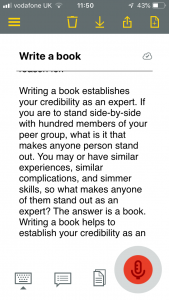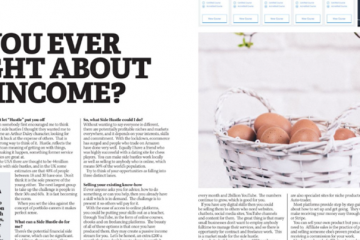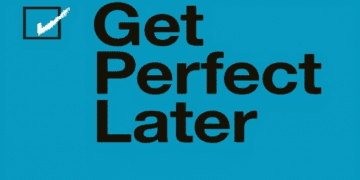It is often said that each of us has at least one book within us, that we can write a book. That may, or may not, be true. For most of us, however, the whole concept of writing a book seems a greater challenge than running a marathon or swimming the English Channel. We know, deep down inside, that we’re just not up to it, no matter how much we would like to do it.
Well, I am here to tell you, that you couldn’t be more wrong.
You can write a book and, you should write a book.
In this post, I’m going to look at why you should write a book, some of the steps to get you writing, to produce that weighty tome, and some of the help you will need on the way.
You may be really surprised to know, that if you start today, and commit to it, you could have your first draft completed within the next 30 days.
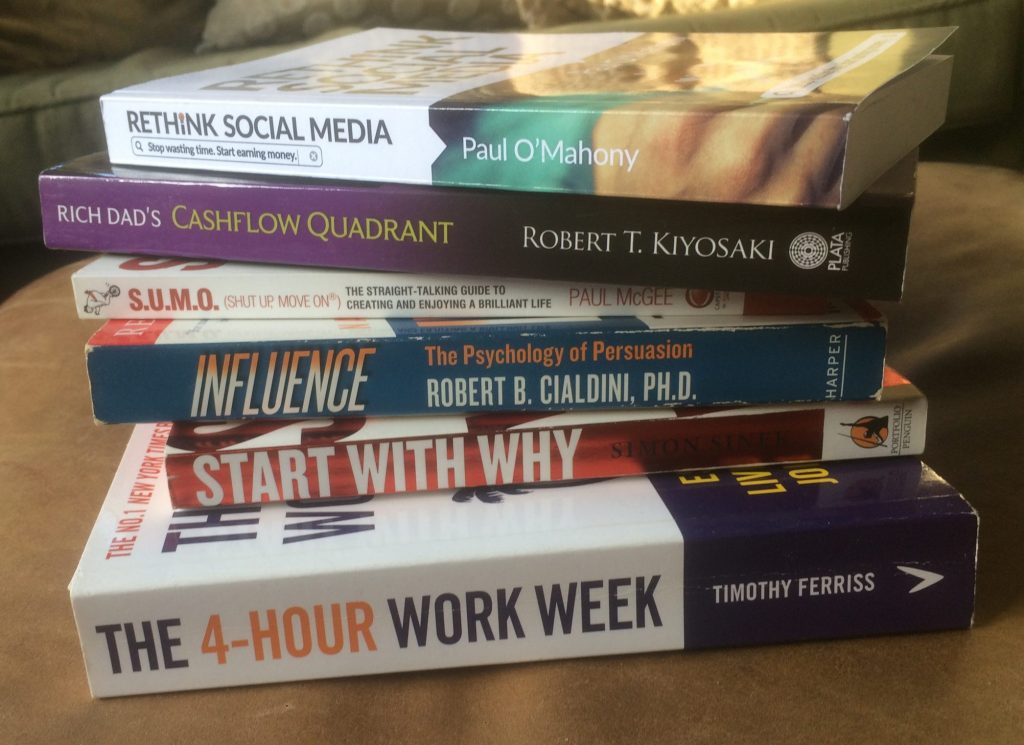
Why should you write a book?
There are four primary reasons why you should write a book. At this moment, I’m talking to the people who intend to write non-fiction books primarily. If you are one of the many thousands of people, you want to write a fiction book, then skip right now to reason four.
To establish your credentials
Writing a book establishes your credibility as an expert. If you are to stand side-by-side with hundred members of your peer group, what is it that makes anyone person stand out? You may have similar experiences, similar qualifications, and similar skills. So, what makes anyone of them stand out as an expert? The answer is a book.
Writing a book helps to establish your credibility as an expert in whatever field you are writing about. It is the platform you can use, to demonstrate your knowledge and opinions, so that people can see and think about them and start to recognise you as a leader in your field.
By the way, how many business cards have you ever been given? How many of those have put in a pocket never to look at again. Just imagine handing someone a copy of your book instead. How much more significant a greeting is that?
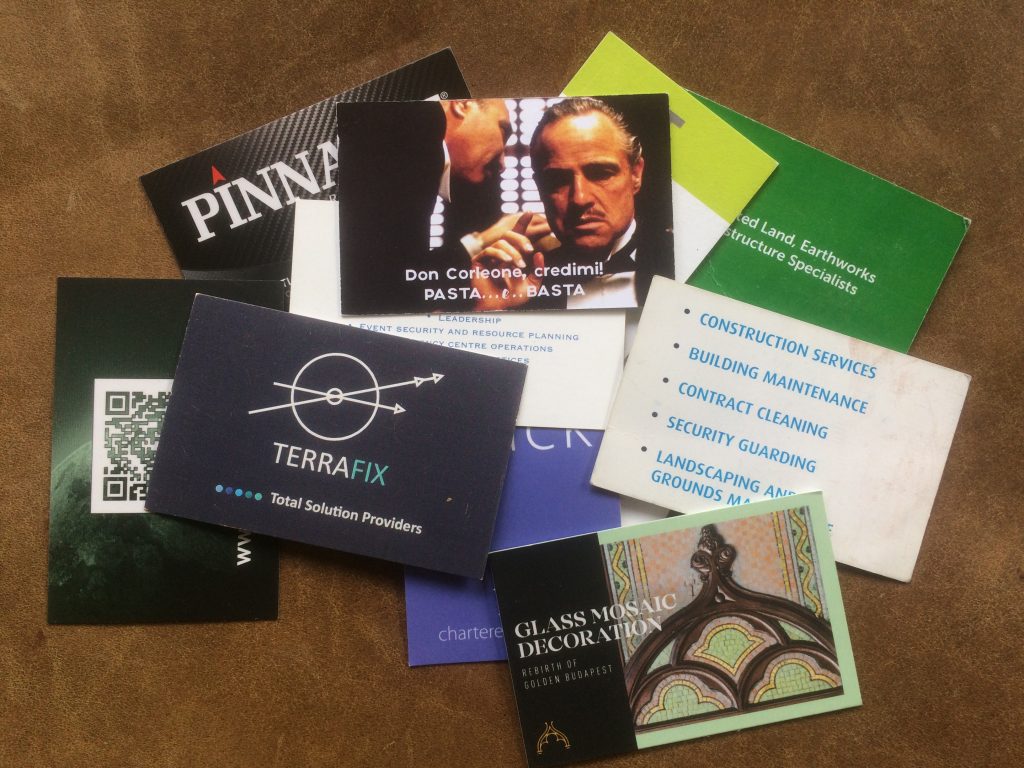
For financial gain
Reason two. You may do it for financial gain. Writing a single non-fiction book is unlikely to bring you financial riches. It will, however, provide you a product, your book, that you can use as a means to selling additional offerings which you have. These may include consultancy work, training, public speaking, and one to one coaching.
For those of you in sales, your book may be the start of your sales funnel.
Of interest, the ebook market in the UK is expected to be worth more than $1billion in 2020.
To generate leads
Writing a book, will help you to generate leads. Actually, let me back track. Writing the book won’t do anything of the sort. Promoting your book, is what will help you to generate leads. I guess there are tens of thousands of books, which have been written, which will never see the light of day.
Promoting your book, sending it to interested parties, sending it to people who also write and comment on your field, sending it to personalities such as radio presenters, will boost your profile. It will help you to generate leads for further business opportunities.
To tell your story
And finally, reason four. You should write a book if you have a compelling story you want to tell.
It can be a fictional story, but it doesn’t have to be. If you have recently rowed the Atlantic, have conquered the highest peaks in each of the seven continents, or saved people as a result of some terrible accident, then you may have a story to tell. My only caveat, upfront, is that such stories will sometimes, no matter how great they were, have a shelf life, and you should consider that before picking up your plan.
We can all write
Your book need not be hundreds of pages long. We’re all busy with lots to do, and now we like shortish non-fiction books which get to the point, tell us what to do, and don’t over explain.
The question is, therefore, can you write between 20,000 and 30,000 words? Of course you can.
Every day you write emails, possibly a few hundred words long. You write instructions to others and social media posts. You know how to write, you just need to believe it and elevate the skill a little.

Your 30 day plan
30,000 words may sound a lot, but you can do this in 30 days or less.
Start thinking of it in daily chunks.
30,000 words / 30 days = 1,000 words per day or 9 words a minute if you write for two hours a day.
Plan for:
- An introduction – 2,000 words
- Your ending, and acknowledgements – 2,000 words
- 10 chapters – each of 2,500 words
- Split each chapter into 10 sections- 250 words per section
As a guide 250 words is a single page of writing, 12 font at 1.5 line spacing.
Put aside time each day to write. Organise a place to write.
You don’t need to start at the beginning. There will be parts, chapters, which you understand better and can immediately start on. Begin with them. Build your flow, confidence, style and momentum.
Don’t beat yourself up if you have a bad or difficult day.
Use shortcuts
There are numbers of shortcuts you can use to help you complete your labour of love.
Dictate rather than write
Admission time. The majority of this post was written while walking my dogs.
To give me the framework and get a large proportion of the post onto paper, I literally walked the dogs and dictated the post into my phone. Using the Nuance Dragon dictation software my first draft was available on my computer by the time I got home.
Sure, there were numbers of corrections I needed to make but these took 20 minutes rather than two hours.
The cost of the app is about £10 per month. My experience is that it has at least tripled my writing output.
Use keywords
When you’re doing your research before writing, and certainly before choosing your title, use any of the keyword tools out there to identify the keywords people use when they’re looking for anything to do with your subject.
Utilising these in titles and sub-titles will make a big difference in how anybody finds you and what they choose to do with your book once they pick it up.
Getting published
You’ve now completed the bit you are good at, writing the book and delivering valuable information. From here on in you need help.
You can do all of these steps yourself but, unless you know absolutely what you are doing then you will be harming your book and limiting its potential. Side Income Planet advice is employ experts.

Here are some of the jobs you will need them to do:
- Choose your Title
- Book Cover design
- Proof reading
- Editing
- Type setting
- Registering for an ISBN
- Printing
- Kindle Conversion
- Amazon publication
You can track these people down individually and build your own power team for your next dozen books, or you can employ agencies and companies which will do it all for you.
I did the latter.
If that’s what you’re going to do, check out your potential help. Are they rated on Trust Pilot? Are they in your price bracket? What are they actually offering? Beware the hidden costs.
I haven’t used either of these but, here’s two I would now have a look at:
Give them a call, and please mention where you found out about them.
There has never been a better time
The only better time to start writing your book was yesterday.
Now that you’ve read this post, commit to giving it a go. Make a start, TODAY.
Tell your family and ask them to give you the time and space over the next month.
Be disciplined, and know that it is not for ever.
Everyday can be more than 3% of your book, done.
Embrace it, engage in it and above all else, enjoy it.
You must write your book.
